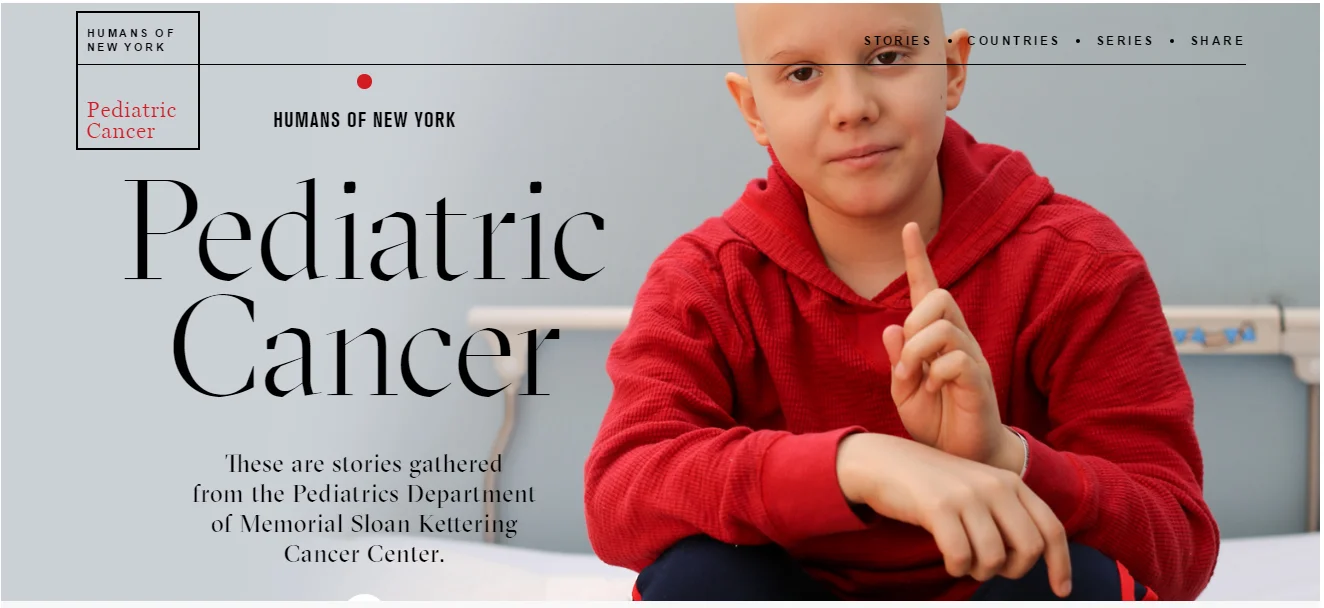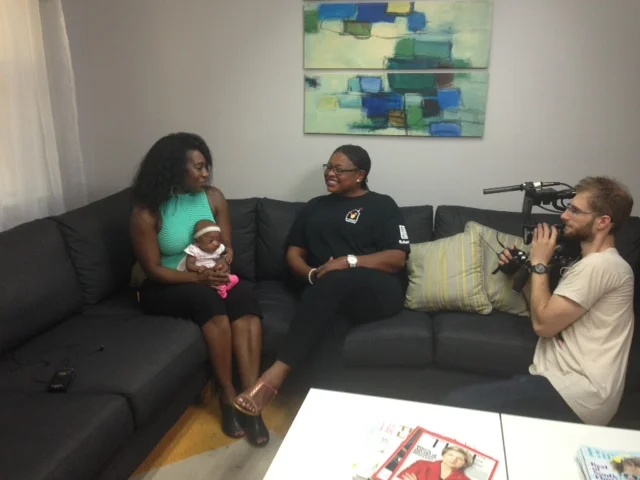We are always eager to share new ways to connect with kids, and to get them talking. Helping to create space for children to feel comfortable sharing their thoughts, feelings, perspectives and creativity, is one of the most important things that we do as filmmakers. And as people.
Our clients share that it is also a big part of what makes our Portraits that Move films so special They appreciate our ability to bring out who their kids truly are in this moment. And, as time goes by, they appreciate more and more, the ability they have to return to these moments through film.
Today, we take some of the lessons that we have learned, and some of the tips we have for conversation starters with kids, and apply them to our current shelter in place home lives. Even though, in many households, we are all together all the time, we might not be connecting with each other. We might not be communicating with each other at all.
Right now, that communication is important. It is encouraging, it is uplifting, and it is healing. And it is one small way that we can help our children through a time that is confusing and isolating.
What is one thing that you have liked about this time?
This is a complicated time for all of us, and a time of grief for many. However, that does not mean that it is without moments of joy, celebration, or peace. Ask your children what they are discovering about themselves, about you, and about your family.
Learn from them what it feels like to have less to do. Does it make them feel more relaxed to be more still? Are your kids returning to activities that they had given up because of busy schedules or social pressures? Are they taking risks and trying new things because they have the time and space to do so?
Hearing what your kids are appreciating, what valuable things they are learning, and what really matters to them now is helpful not just in making sure that everyone in your house is as safe and well as can be. It gives you valuable insight into who they are and how they are in their own skin and in their own space.. And it could help you make better plans when things do open up again.
Where are you most looking forward to going when this is over?
This is a fun question to ask, especially while your sitting around the dinner table. It gives you and your children the chance to talk about favorite places and activities. Whether it's finally going to a baseball game again, enjoying a meal at a favorite restaurant, or taking a ride down a slide at the playground, talking about what we miss in this context is safe and joyful.
It also lets us peek at what our kids are really craving during this time of social distancing. That can help us create moments for them at home that give them support. The key to asking a question like this is to leave it open and allow it to start a natural flow of conversation. If we can avoid getting bogged down in what we are missing and, instead, share the memories, laughter, and excitement connected to the places we love, that is all the better.
On the other hand, if this does bring up thoughts about the unfairness of our current circumstances, or the losses that come with missing out on end of school year and other traditions, that is ok. These feelings need to be voiced, and they need to be shared.
Our children should know that it is safe and appropriate to feel sad about these losses, and that, if they are experiencing a kind of grief over it, they do not need to endure those feelings alone.
If you had known this time of lockdown was coming, what would you have made sure to do before it started?
This question might be a bit more difficult for kids to answer. If they struggle with it, or seem hesitant to share, now is the time to share your answer to this question.
Talking about what they would have done (or what you would have done) to prepare helps you to know about anything that might be troubling them, so you can help them solve it. Maybe there is a book that they feel bad about not having brought home from school. Sometimes, healing is a simple as a quick Amazon order!
Maybe they worry that they did not have a chance to tell friends or teachers how much they meant to them. For the many children who will not be returning to school this year, they may fear (and rightly so) that they will not easily be able to connect with these people who were part of their everyday life ever again. And certainly not in the same way. Learning that your child is dealing with these feelings gives you the opportunity to come up with ideas together for how to connect with friends or teachers virtually (or even by mail). It helps you plan projects you could do to recognize and celebrate your child's class or classmates.
It also gives you the chance to talk openly and honestly about loss, about feelings of unfairness, and about the struggle to understand and accept that some things are beyond our control. The most important lesson in all of this is to find ways to help your child talk with you, to voice their concerns, and to tell their stories.
Their stories, their special moments, their joy... none of that needs to stop because so much of our daily lives came to a halt. Celebrate and honor your children by being present for them, by listening to them, and by helping them share with you.






